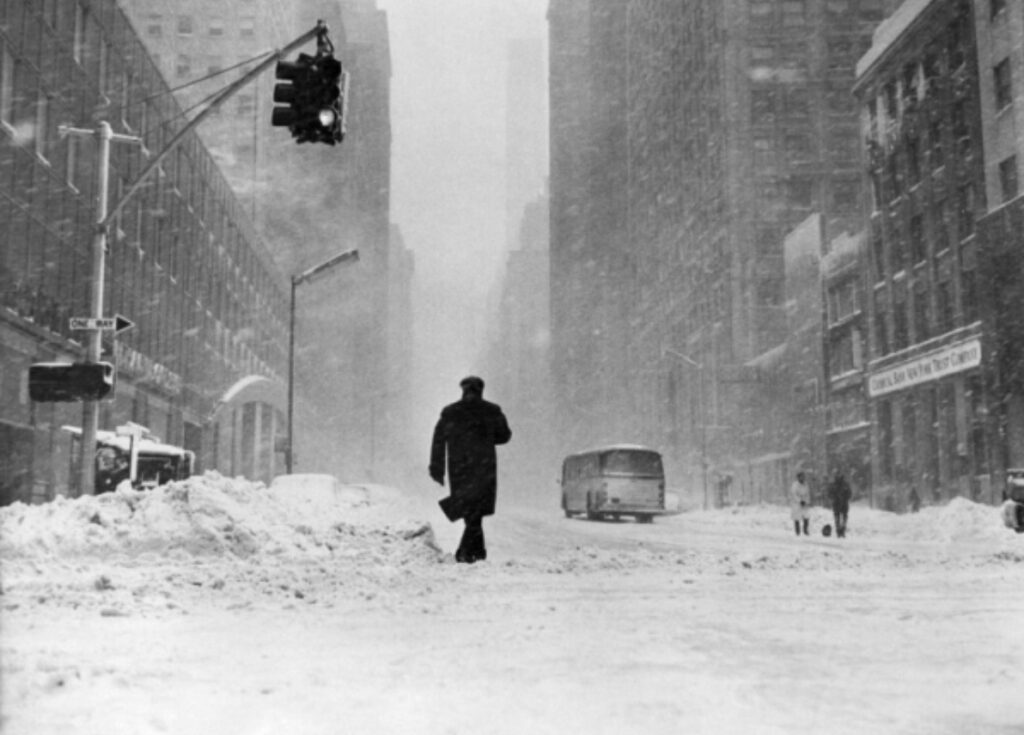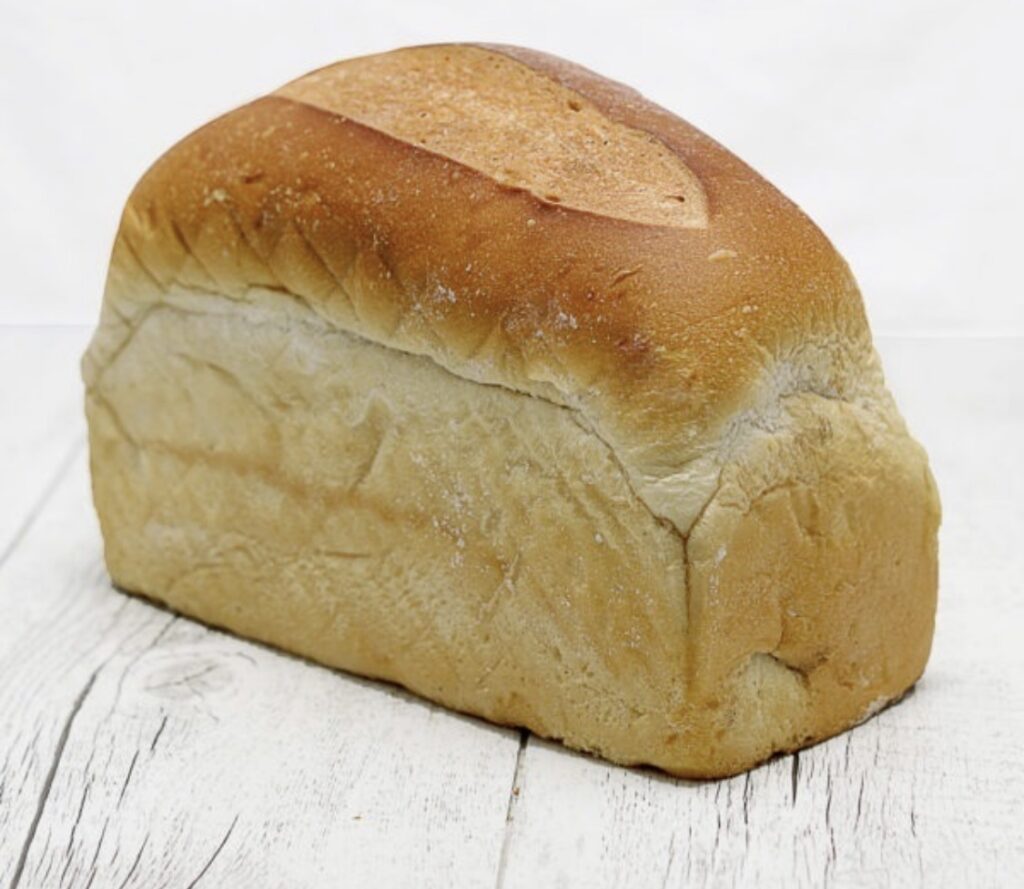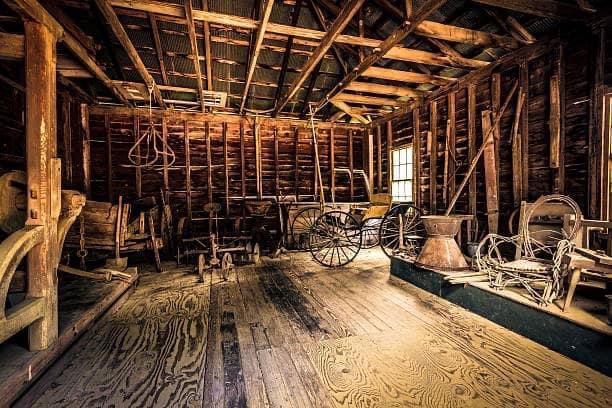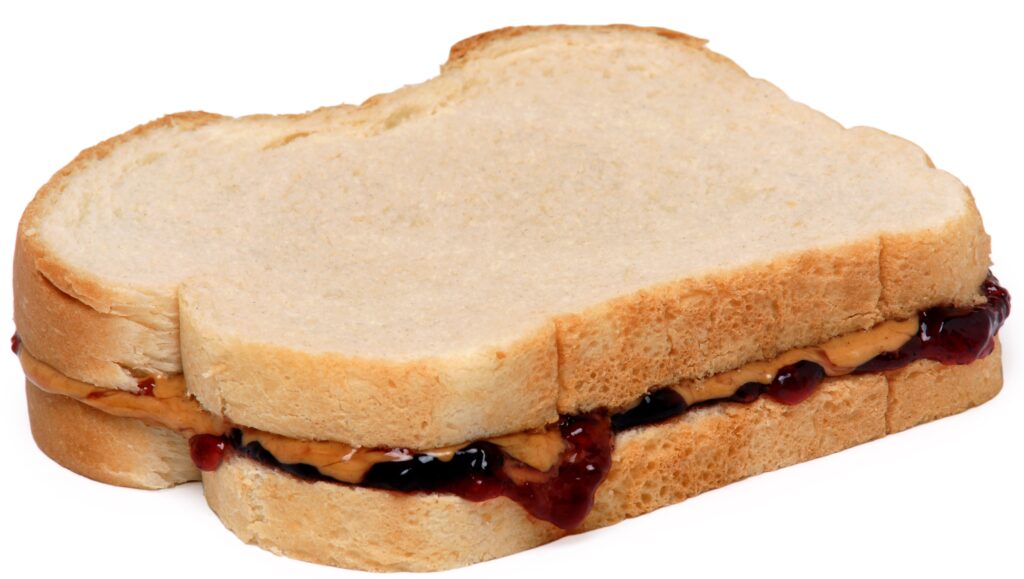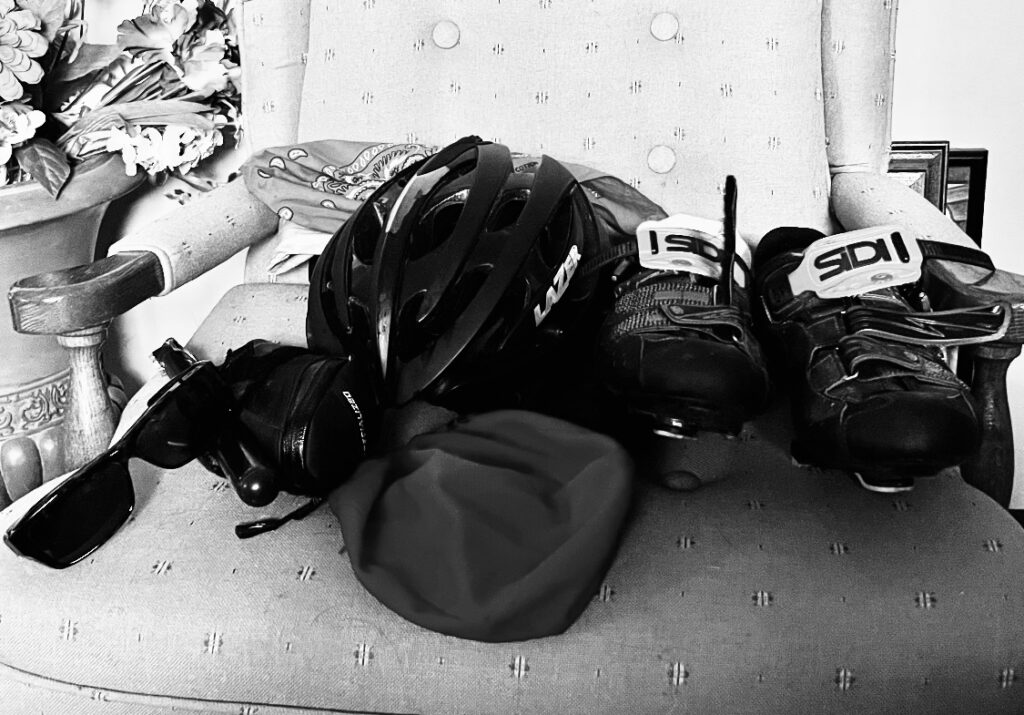
I was off the bike, at least any serious riding for the past year. Covid took athletes heart and turned it into afib and heart failure. Not riding wrecked my back. My knees are a mess. It’s been a haul, but now I’m back on the bike and today met the guy I had hoped was forever in my past.
I don’t want to know that guy again. The asshole who always had to catch the wheel, even on a recovery ride, of anyone who passed him. Just because.
Push harder
That death before dismount guy, the guy who said he loved the hard climbs and would sing while climbing just to piss people off. The guy who was somehow proud he only vomited once on the bike and that was that climb in north jersey that would make anyone puke.
The guy who pretended to like Franco because Franco was the only one maybe a little more nuts than he was, and Franco used to call him a psychotic fuck. That one day we found Franco busted up and dehydrated and passed out and he just wanted to leave him there to keep going.
Harden the fuck up
I don’t want to ever see again that guy who used to ride 180 mile training rides to get ready for a 210 mile race. And the guy whose summer was a disaster unless it involved a dozen or more centuries and maybe two double centuries.
Fifteen thousand mile years
I don’t want to ever again see guy who’d suffer mad anxiety on a Wednesday night at the movies, because the weekend was going to be ‘epically’ hard.
I don’t want to be around the guy whose season ended on Christmas Eve and started on New Year’s Day. The ten-below zero guy. The skinny tires on ice guy. The guy who feared cookies at Christmas because he didn’t want to carry those cookies on his fat ass up any climbs in the spring.
The guy who bonked so bad he went into shock and finished the race with a 103 fever. But he finished, that’s all that mattered.
The need for constant forward motion.
I don’t want to know the guy with the dozen broken ribs, or the broken pelvis, or the wrecked knees, who said it wasn’t a big deal.
Truth be told it hurt like fuck.
I want to go slow and look at flowers and shit and not curse the breeze.
I want to coast a little and be the old guy way back there and be ok with that and maybe a little tired after fifteen miles, and not be the guy bitching he’s not sweat up a kit for a stupid fifteen mile ride.
But today I got a glimpse of that asshole, again. He was on my wheel…
I dont want to ever see that guy again.
